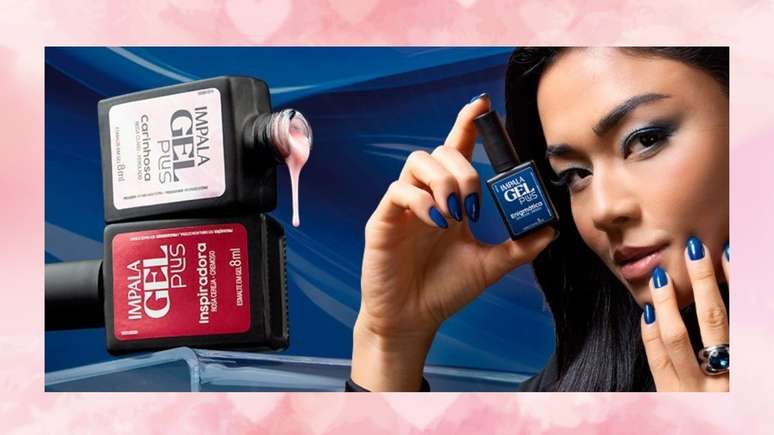Do you want to know why you shouldn’t mix alkaline cleaners with hydrogen peroxide and what happens if you ignore this rule?
When it comes to cleaning, we always try to achieve maximum cleanliness in the least amount of time and often mix different cleaning products to achieve this, but to no avail! There are combinations in which the ingredients neutralize each other, negating the effectiveness of the products. But this is not the most serious problem: sometimes a chemical reaction is triggered, which results in the release of toxic fumes that can seriously harm your health.
Today we are going to tell you why you should not mix bleach with alkaline cleaners and what consequences you can expect when mixing cleaning products in certain cases. Here are some taboos to keep in mind when cleaning!
What should you not mix vinegar with?
Do not mix vinegar and bleach
These two products themselves are effective products not only for cleaning, but also for disinfecting surfaces. However, says pharmacist and dietitian Maryann Amirshahi, mixing vinegar with bleach creates chlorine gas that irritates the airways and eyes and can cause serious breathing problems. That’s not all: When interacting with water, chlorine gas can form an acid that burns the skin.
ADVERTISING – CONTINUED BELOW










